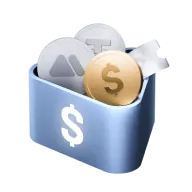What is a Bitcoin Spot ETF?
1. What is a Bitcoin Spot ETF?
2. Bitcoin Spot ETF Advantages
3. How Are Bitcoin ETFs Distinct from Bitcoin Investment Trusts?
4. Bitcoin Spot ETF Application Timeline
5. Bitcoin Spot ETFs' Market Impact
Popular Articles

Unlocking the Potential of the MX Token
1. What is MX Token?MX is the native platform token issued by MEXC, serving as the core driving force behind the entire MEXC ecosystem. The MEXC platform delivers a secure and user-friendly trading en
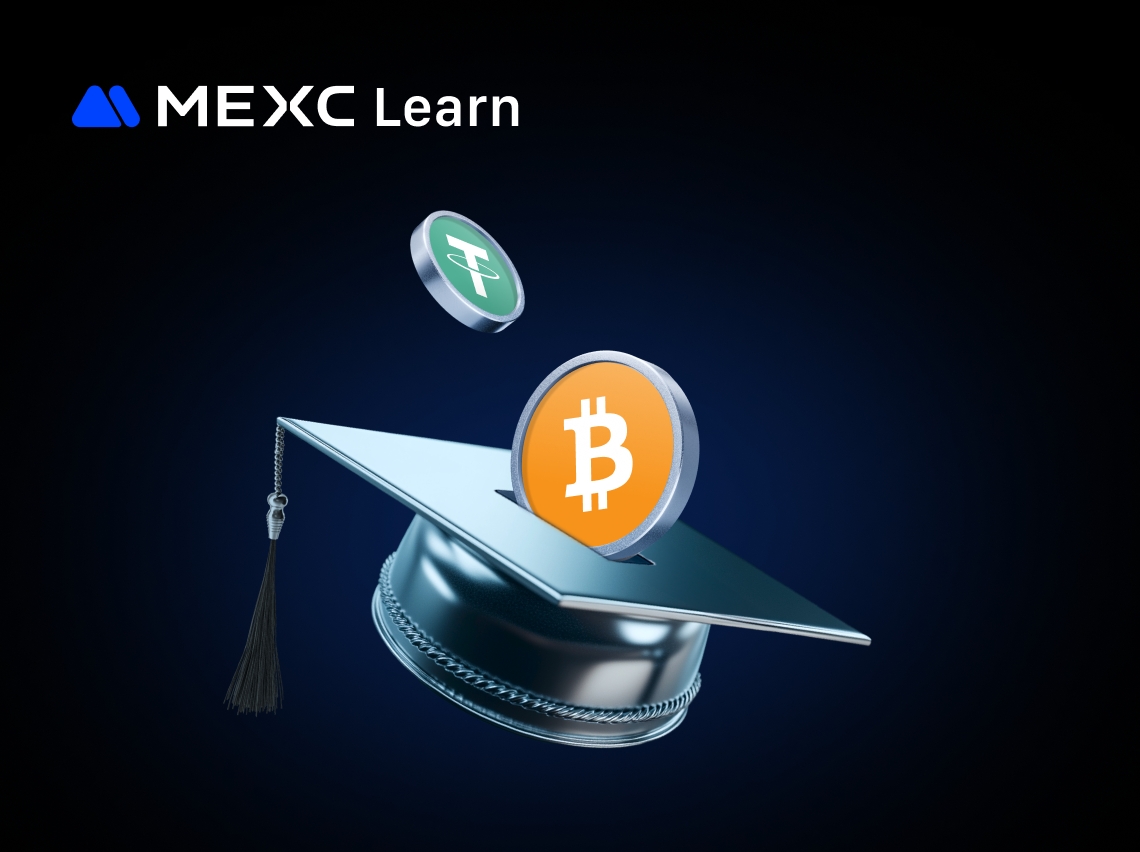
How to Get USDC on Base: Steps, Fees, and Everything You Need to Know
USDC on Base is a growing stablecoin ecosystem built on a fast, low-cost Layer-2 blockchain.In this guide, you'll learn what USDC on Base actually is, where to find its contract address, how to get it
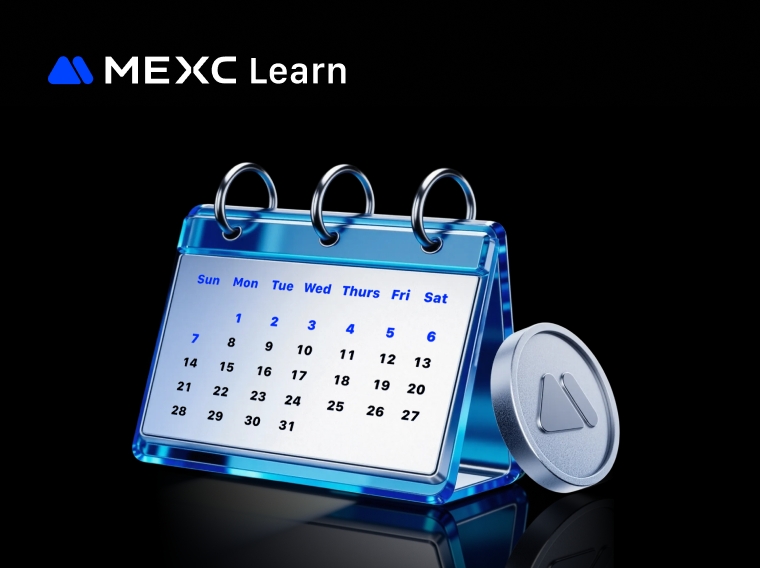
MEXC Weekly Report (Feb 18 – Feb 24, 2026)
New Listings · Top Gainers · Spot & Futures Trading OverviewData Period: February 18–24, 2026 Release Schedule: Weekly, every Thursday Data Sources: MEXC Platform, CoinGeckoLast week, the crypto marke
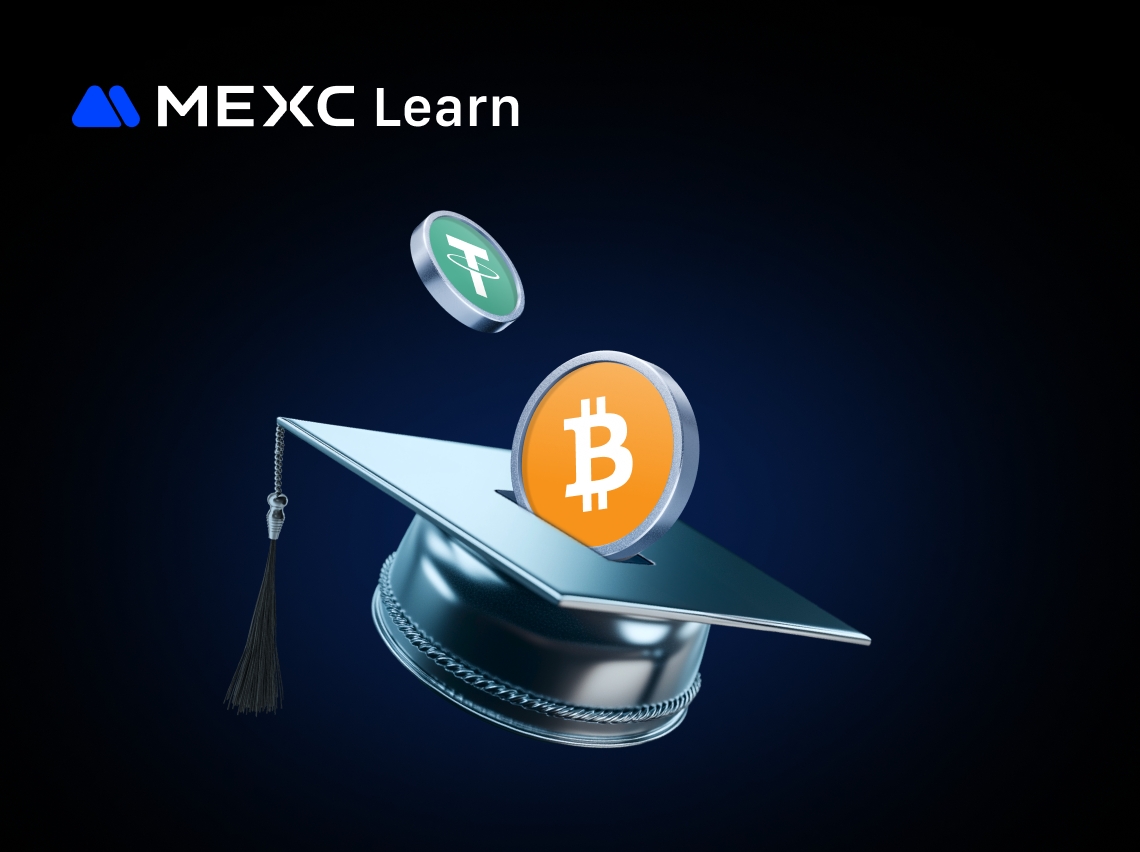
USDC Price Prediction: Will USD Coin Always Be Worth $1?
If you've ever wondered what the USDC price prediction looks like — or why people even bother predicting a coin designed to never move — this guide breaks it all down.You'll learn what keeps USDC stab
Hot Crypto Updates
View More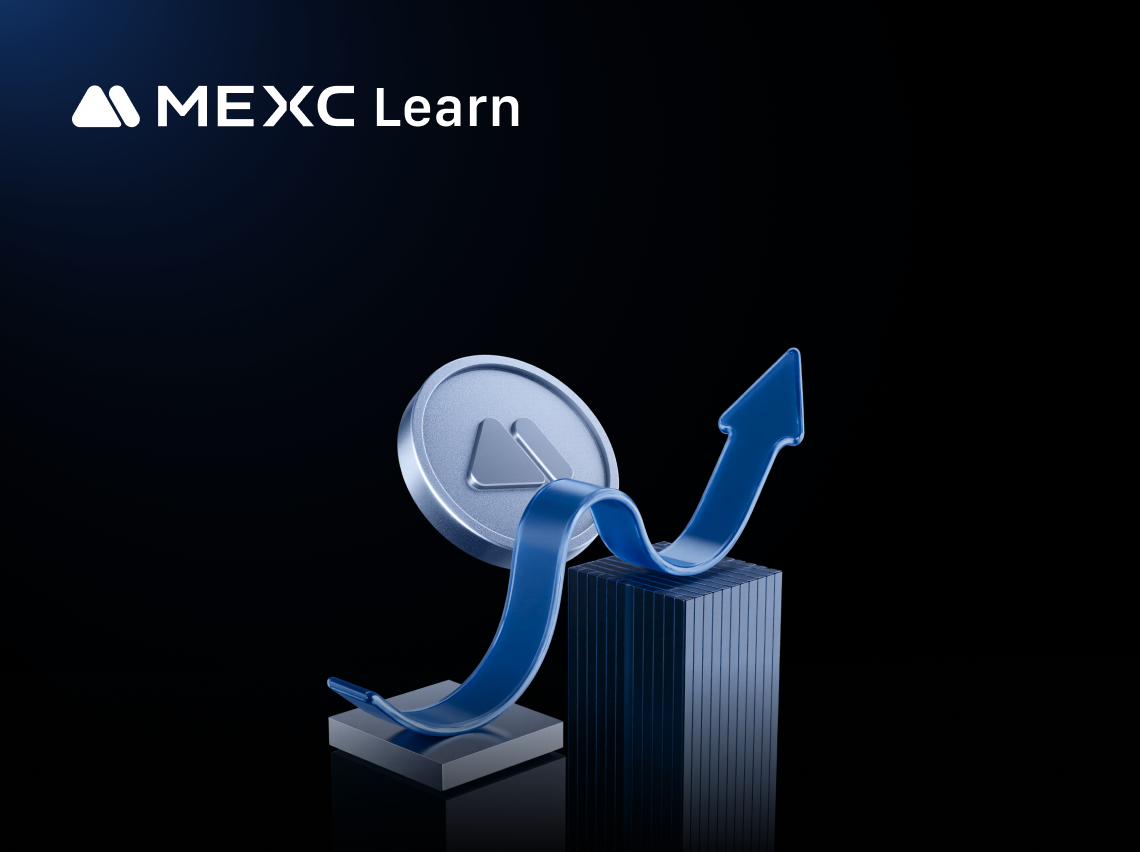
Is Dollar Hegemony Over? How USAT Is Reshaping Global Currency Landscape Through Digital Form in 2026
In-depth analysis of how USAT is driving re-dollarization in emerging markets amid 2026's weak dollar backdrop, becoming a critical liquidity tool against inflation and geopolitical risks. Discover
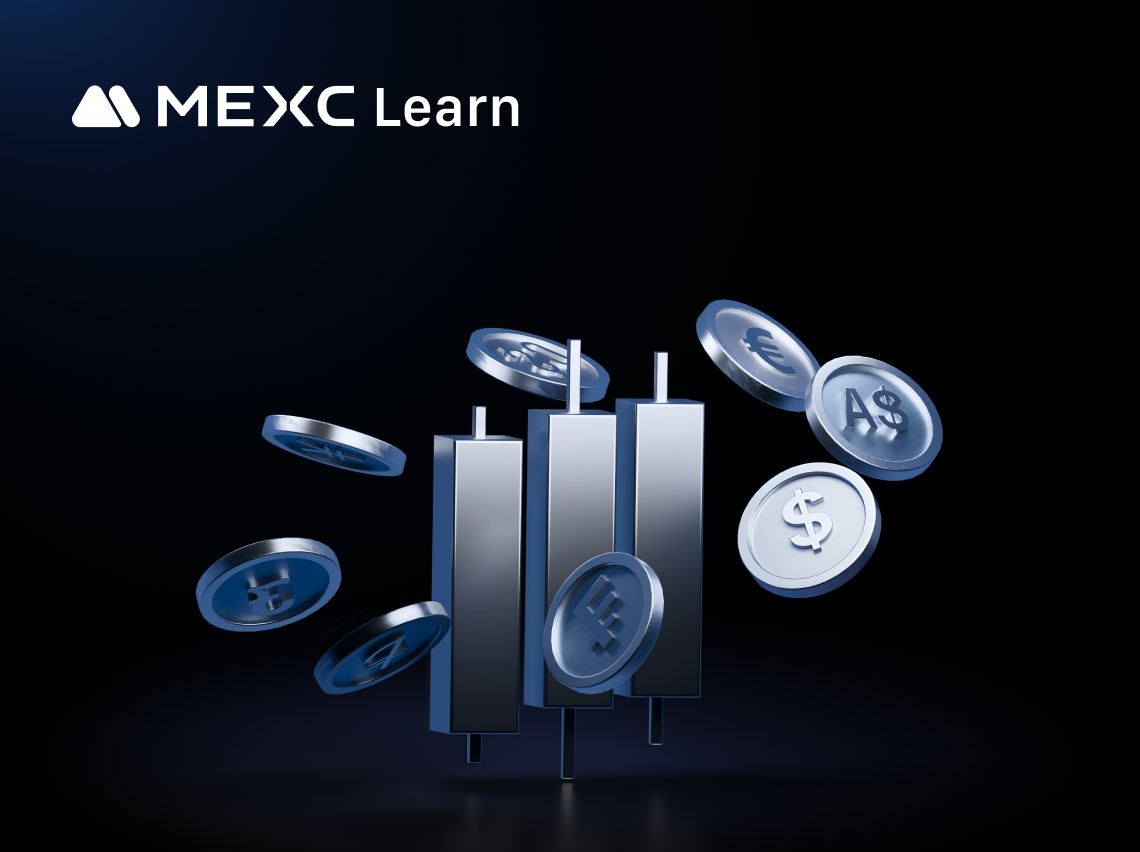
XRP Price Breaks Critical Support: Technical Analysis Reveals Deep Pullback Risks and Trading Strategies
Key Takeaways XRP price breaks below critical $2.40 support level, technical indicators signal intensifying bearish momentum Relative Strength Index (RSI) and moving averages form death cross,
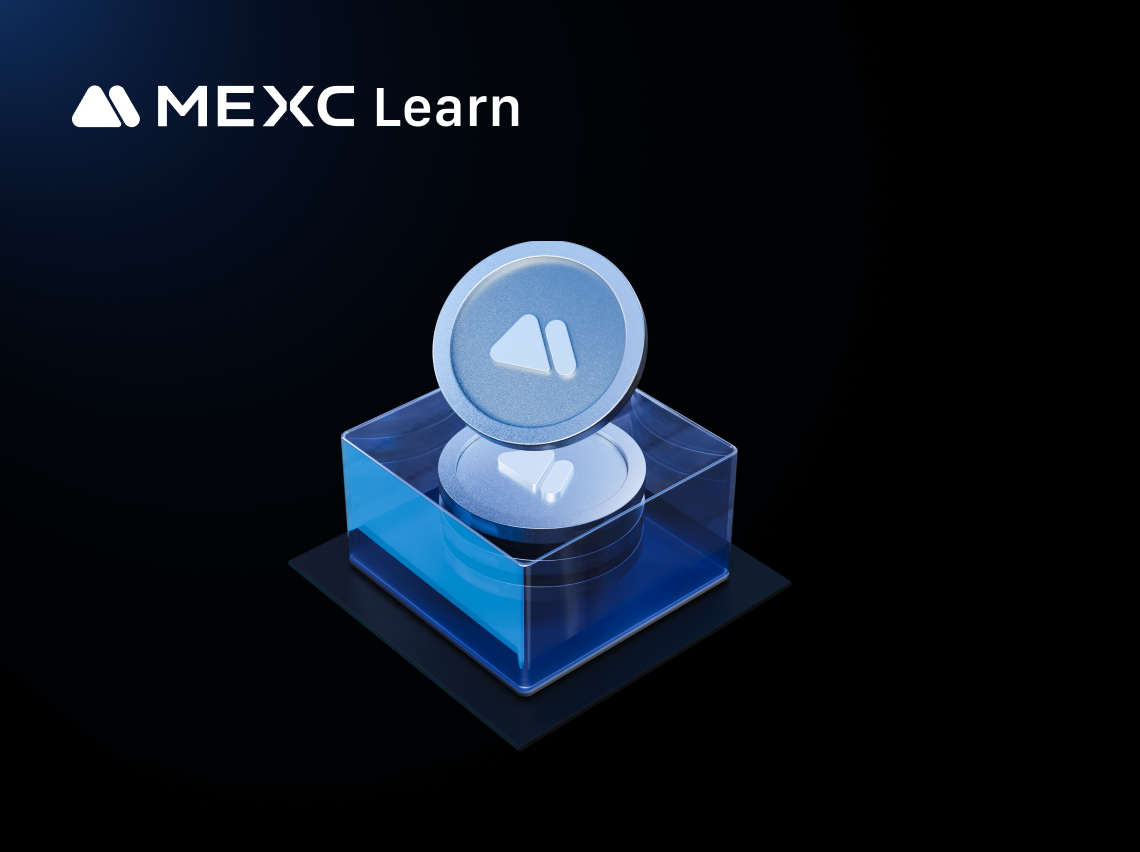
Should You Buy PAXG or XAUT
Introduction Choosing between PAX Gold (PAXG) and Tether Gold (XAUT) can be challenging for investors seeking exposure to gold in digital form. Both are tokenized gold assets backed by allocated
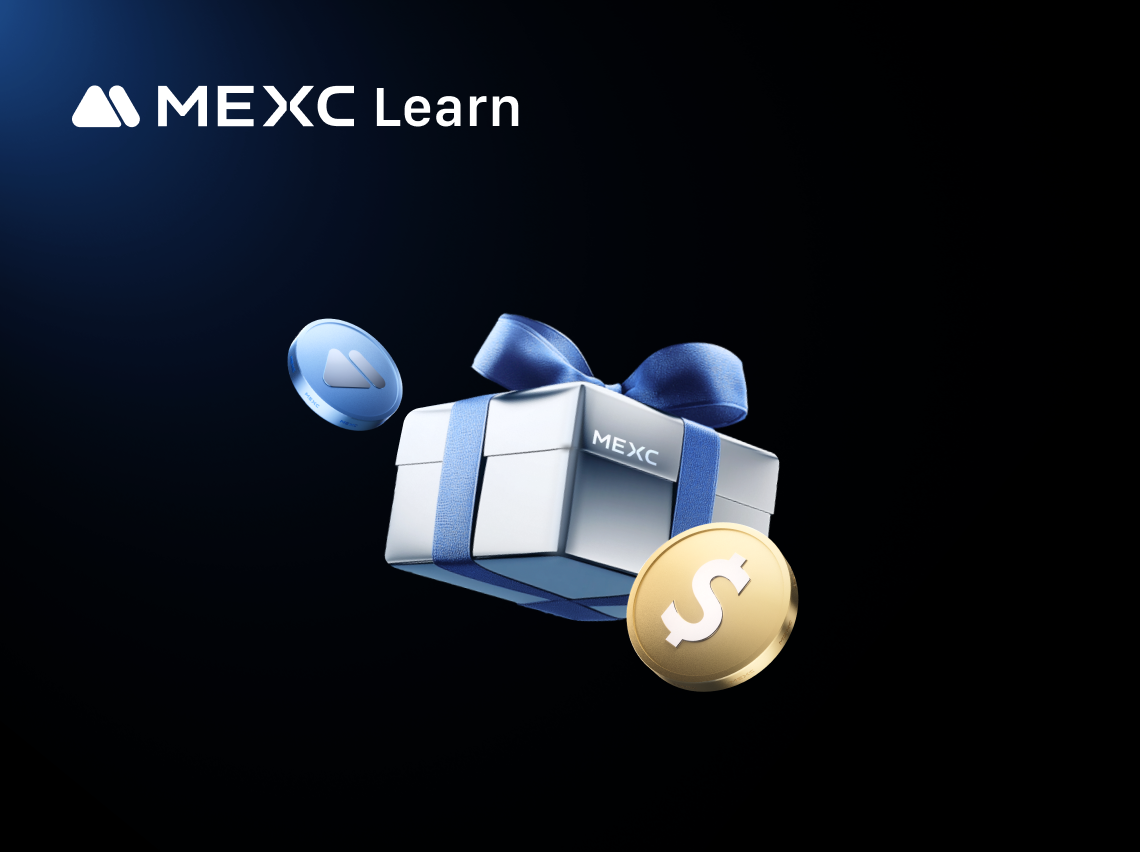
What is 'npm run dev' (NPM)? An Introduction to Cryptocurrency
What Exactly is 'npm run dev' (NPM)? 'npm run dev' (NPM) is not a digital token or cryptocurrency; it is an npm (Node Package Manager) command used to execute a development script defined in a
Trending News
View More
SAP Releases Integrated Report 2025 and Files Annual Report 2025 on Form 20-F with the U.S. Securities and Exchange Commission
WALLDORF, Germany, Feb. 26, 2026 /PRNewswire/ — SAP SE (NYSE: SAP) today announced that it has filed the SAP Annual Report on Form 20-F for the year ended December

Arna Pharma Inc. and Slate Run Pharmaceuticals to form a Joint Venture to Create Scaled-Up U.S. Specialty Pharmaceutical Platform
AUSTIN, Texas, Feb. 26, 2026 /PRNewswire/ — Arna Pharma Inc. and Slate Run Pharmaceuticals announced they have signed an MOU to create a scaled-up U.S.-based specialty

Office Movers Express Expands Regional Footprint With the Acquisition of Two Baltimore Firms
WASHINGTON–(BUSINESS WIRE)–Office Movers Express (OMX), the Washington metro region’s only mover exclusively serving commercial clients, has announced the acquisition

TXO PARTNERS Declares a Fourth Quarter 2025 Distribution of $0.30 on Common Units; Files Annual Report on Form 10-K
FORT WORTH, Texas–(BUSINESS WIRE)–TXO Partners, L.P. (NYSE, NYSE Texas: TXO) announced today that the Board of Directors of its general partner declared a distribution
Related Articles

What is the Lightning Network?
1. What is the Lightning Network?The Lightning Network is a scalability solution built on top of Bitcoin, allowing users to quickly send and receive small amounts of Bitcoin with minimal fees. In simp

What Is Launchpool?
MEXC Launchpool is an event platform that enables users to earn airdrops of popular or newly listed tokens by staking designated tokens. Staked tokens remain redeemable at any time, and users receive

What is Bitcoin Inscription?
"Bitcoin Inscription" refers to the process of engraving content onto satoshis using the Ordinals protocol. The information written can include text, images, videos, audio, and more.Common Bit
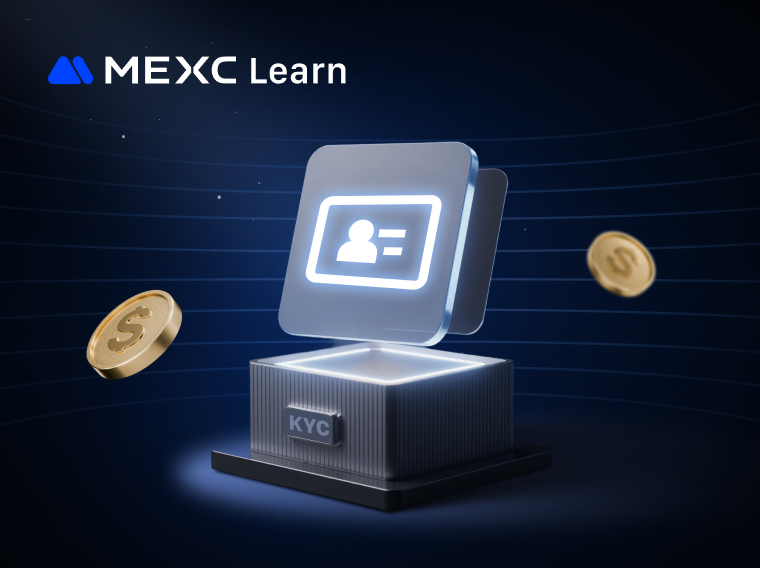
KYC Uncovered: The Key to Crypto Trading and Finance
1. AbstractKYC (Know Your Customer) is a globally recognized compliance procedure in the financial industry, designed to verify customer identities, understand their financial behavior, and prevent il
